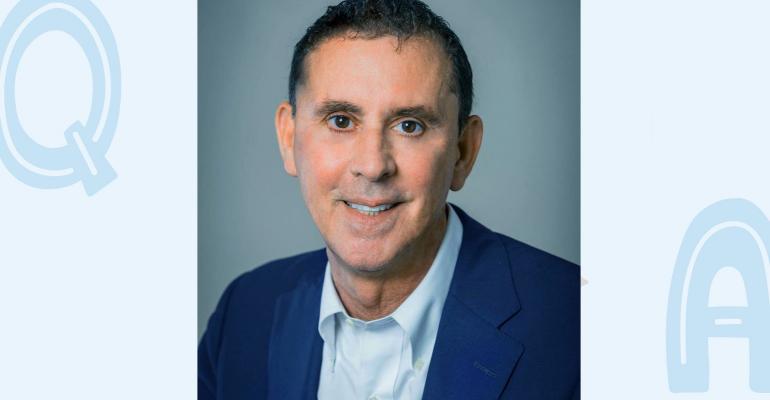David Jefferys is CEO and executive director at the LGBT Meeting Professionals Association, president emeritus of Altus Agency, and an LGBT+ tourism marketing expert. During his career, Jefferys has made a point of recognizing allies to the LGBT+ community and providing resources to help meeting planners create more inclusive events.
What advice do you have regarding inclusive marketing and outreach?
Jefferys: First, be sure to say, “everyone is welcome!” Sometimes it’s as simple as that to let people know you’ve thought about it. In terms of marketing, using stock photography can be subtly off-putting. It’s better to do a custom shoot because it’s tough to show a broad range of attendees. The biggest challenge is to find a mix of ages, and whereas some groups are used to not seeing themselves represented, older generations seeing an image of a group of Millennials for an event will assume the event is not geared towards them. In terms of language, we are launching a course at the Professional Convention Management Association on LGBT+ vocabulary, terminology, and perspective. People get too afraid of using the wrong terminology and causing offense and so they don’t say anything in marketing materials. There are more than 40 different terms from transvestite to transgender to cisgender to gender fluid. It’s hard to keep up. Ron “Renee” Roley, senior event manager, global events at Nike is on the board of LGBT Meeting Professionals Association and is gender fluid, and I didn’t know what that meant! Roley uses pronouns “they” and “them” for personal reference and has changed the culture at Nike. Everyone can learn.
How can destinations be more welcoming?
Jefferys: One of the things that is frustrating about certain destinations is the lack of resources they provide for LGBT+ meetings. If you host an event and say you’re “welcoming,” there should be a list of diverse suppliers where attendees can spend dollars that improve the city. We have recognized cities like Detroit and Birmingham, Ala., for their efforts to be allies.
How should planners deal with unwelcoming destinations?
Jefferys: For most meeting planners this is a business decision. Make sure your contracts have appropriate exit strategies if your destination passes legislation your attendees can’t live with, or your venue gets sold to a country like Iran, where they murder gay people. But we work in a business and we don’t always have a choice.
Here’s a recent high-profile example of what to do if you get pushback: Prince Harry and Meghan Markle were criticized by environmentalists for flying on Elton John’s private jet, but John announced he had purchased carbon offsets for the flight. If you have to use a destination that will be criticized, we have a supplier resource guide of companies that are allies of the LGBT+ community that you can make use of. You can also ask the venue if it has an LGBT+ protection policy in place saying it will protect the rights of an LGBT person at the facility. If not, ask them to sign on to one. Be vocal about all your attendees’ needs, and venues will listen.
Business decisions go both ways. Unfortunately, some cities get caught up in legislation that is not of their making. Atlanta almost fell [to anti-LGBT+ legislation], but officials did a poll on who would cancel meetings if non-inclusive legislation was adopted and found it would be economically damaging. It was not about inclusion, it was a business decision.






